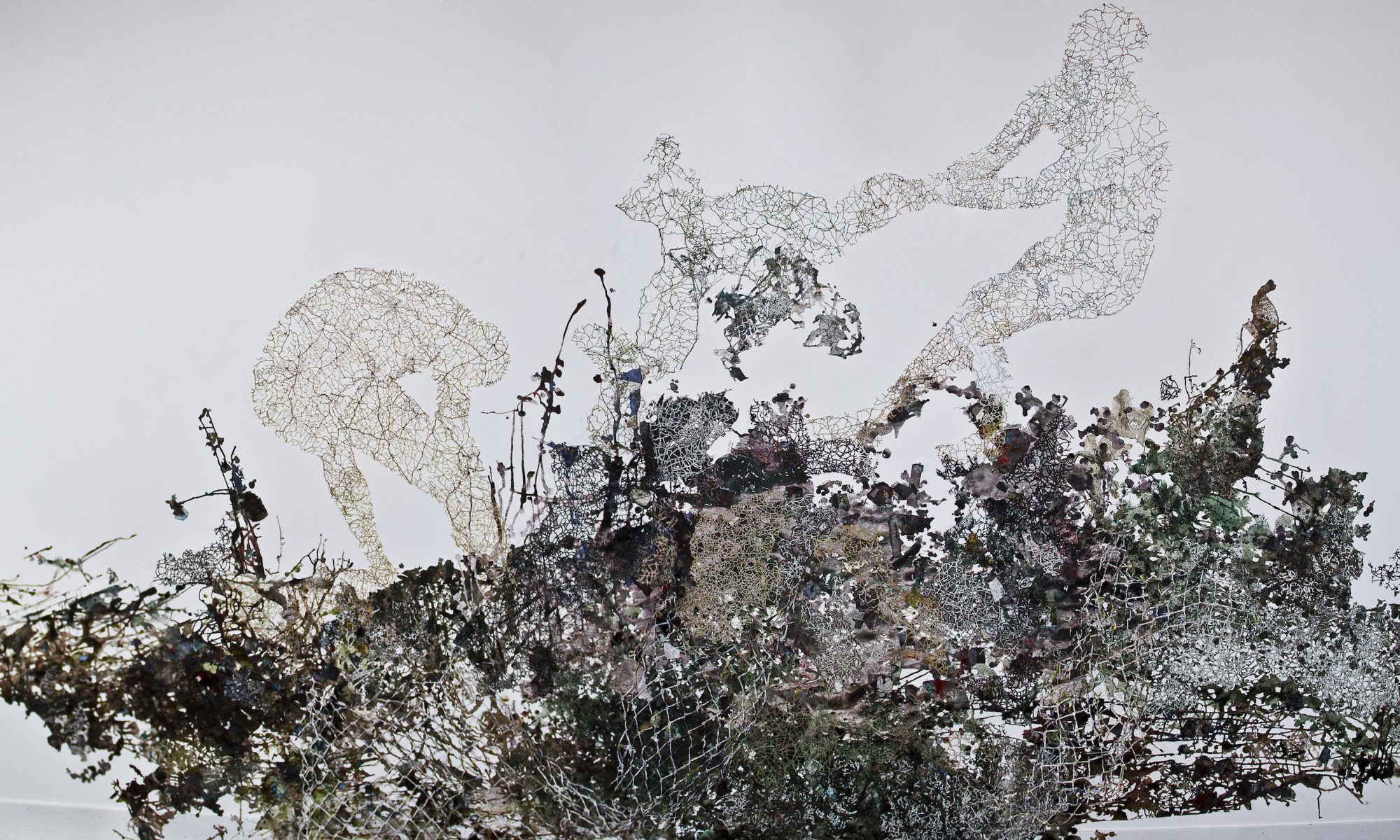The Puerto Rican astrologer and psychic Walter Mercado’s enormous success on Latinx and Latin American television was always tied to his baroque excess and gender non-conformity, to the way he mixed popular religiosity, New Age esoteric beliefs, and over-the-top theatrical camp aesthetics to share an uplifting message centered on love and self-affirmation. He is a Puerto Rican transloca performer par excellence, that is to say, a bilingual, bicultural, queer, effeminate, and androgynous artist whose translocal life experiences and work reflected particular sensibilities and cultural styles; a gender non-conforming pioneer who never publicly self-identified as gay, but who negotiated the space of the “open secret” as a strategy to keep homophobia at bay. I analyze the Netflix documentary Mucho, Mucho Amor: The Legend of Walter Mercado (2020) in dialogue and tension with other cultural productions, including YouTube videos such as “Walter Mercado Vintage Era,” Mercado’s books Beyond the Horizon: Visions of the New Millennium (1997) and El mundo secreto de Walter Mercado (2010), Noelia Quintero Herencia’s documentary Walter Mercado: Más allá de la astrología (2002), Fausto Fernós’s drag cabaret “The Fire Eating Drag Princess” (2000), Alexis Mateo’s performance on RuPaul’s Drag Race All Stars (2020), and Macha Colón’s (Gisela Rosario Ramos’s) videos, highlighting Walter Mercado’s limitations regarding race and colonialism and the complex ways his legacy has been appropriated and transformed.
Lawrence La Fountain-Stokes
Professor of American Culture, Romance Languages and Literatures, and Women’s and Gender Studies at the University of Michigan, Ann Arbor, specializes in queer and trans Latin American, Caribbean, and Latinx literature, culture, and performance
